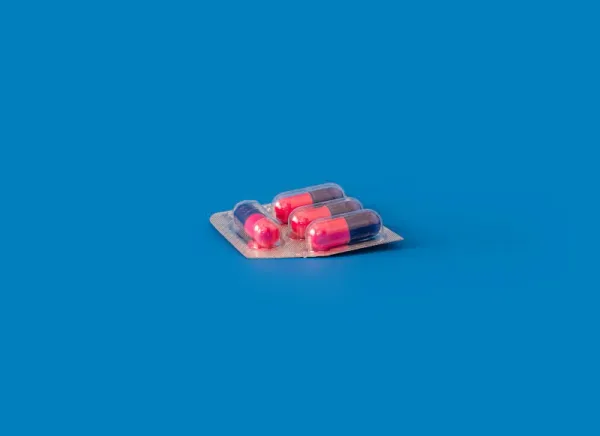Ozempic is not likely to directly enlarge the male appendage.
A critical look at the popular "ozempic penis" claims and look at the sources, along with possible reasons and related research.

Some recent news has been making it's way across the internet of Ozempic (Semaglutide) increasing the size of the male sexual organ. GLP1 Receptor agonists have a lot of positive effects, but up until now penis enlargement was not was one them.
Check out our quick explainer
The term "Ozempic Penis" is already being coined and thrown around, so we figured it was worth a look into what's actually going on here and whether there's any research to substantiate the claims.
tl;dr - GLP1s do not likely enlarge the penis directly, but knock on effects are likely to play a part in improving erections.
Want to read the rest of the story?




